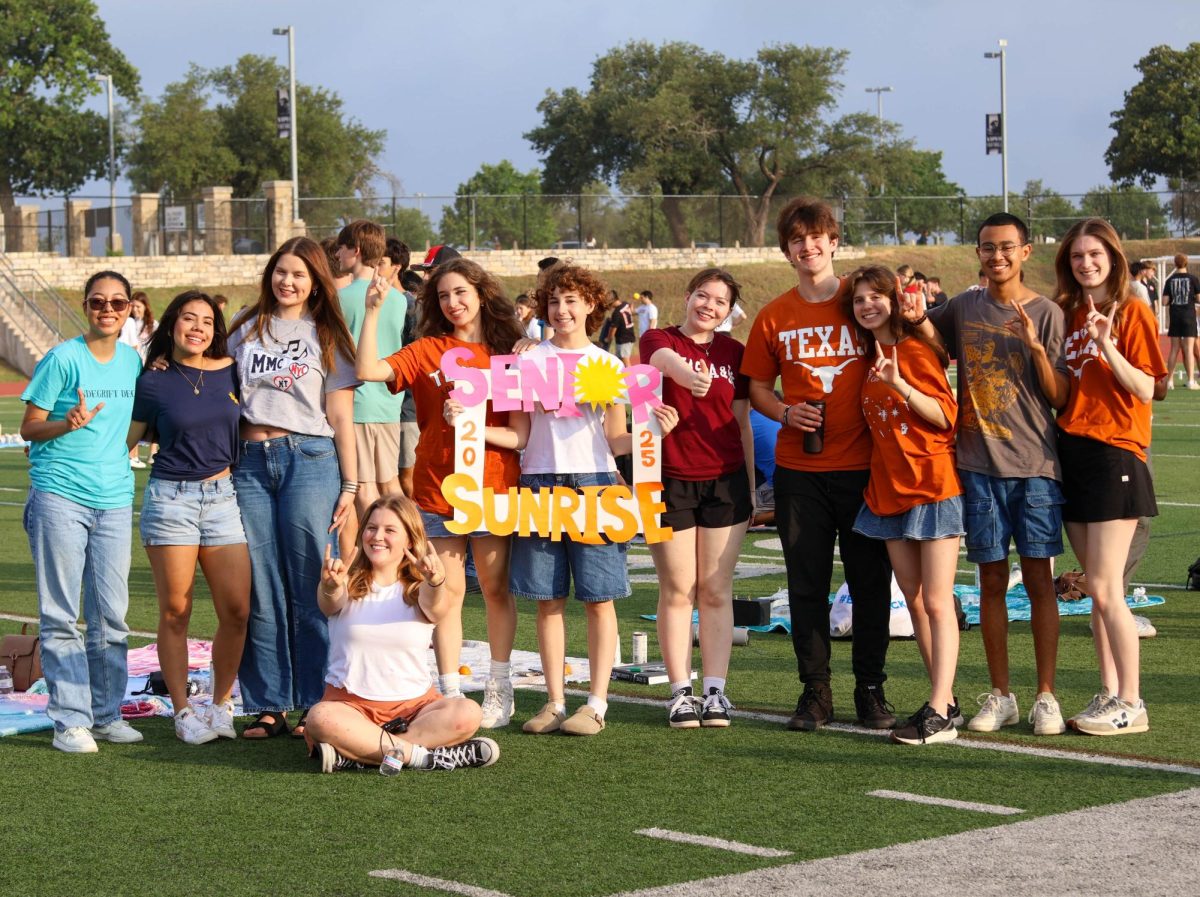Zapped out: students, staff frustrated over loss of power
During a power outage, students sit outside due to fluctuating temperatures in classrooms.
September 19, 2022
During the past few weeks, a chain of power outages have led many students and staff to experience turmoil in classes and school extracurricular activities. Despite the school’s efforts to adapt, there seems to have still been many interruptions in class lectures and assignments.
“The first day of the power outage affected us because I couldn’t have the lights on when I was teaching,” Calculus teacher Brianna Roughton said. “So, it was dark in here which I feel like it made my students a little sleepy.”
Additionally, during class, students have had difficulty in focusing on lectures and to their teachers’ assignment instructions because of problems with the air-conditioners. The fluctuations in air conditioning have frustrated students and staff in how to dress comfortably for classes.
“It affected the classroom atmosphere with the projectors not turning on, but also the lack of air conditioning,” senior Kari Williams said. “We wouldn’t be dressed properly for the unexpected hot or cold temperatures in some of my classes.
In order to avoid these power outages, the staff has offered some ideas to improve these types of situations and create more adaptable environments for everyone.
“It would be nice if we had fans available for all teachers or some sort of blankets and jackets,” Roughton said. “Just so that we can help the students be more comfortable when the temperatures fluctuate like that.”
For the purpose of keeping classes at the same steady schedule without any interruptions, the students have given their opinions about how some back up lesson plans and activities during a possible power outage can allow them to still have the same learning experiences.
“I think in order to make it easier for classes, we could have backup plans for lessons that don’t involve the internet, but are still engaging and in depth so that we aren’t scrambling in order to figure out something to do during class,” Williams said.
The classes could better adapt to these problems with the help of precautionary measures from the administrators and school board. One main issue students suggested was rearranging the fundings to give some more importance for back up funds.
“Directing more funding to these kinds of situations can help a lot more,” sophomore Vishmitha Kumar said. “So that we could be able to provide more supplies and support.
In the midst of all this, there is one thing that students and staff strongly believe will improve future technical problems. With everyone working together efficiently on solving the problem and adapting, there can be more progress and calmness in the situation.
“I think more communication about the situation between the staff and the teachers/students would reduce stress, so that we would know what to expect as the day goes on,” Williams said. “I believe we can be more prepared for the future this way.”







